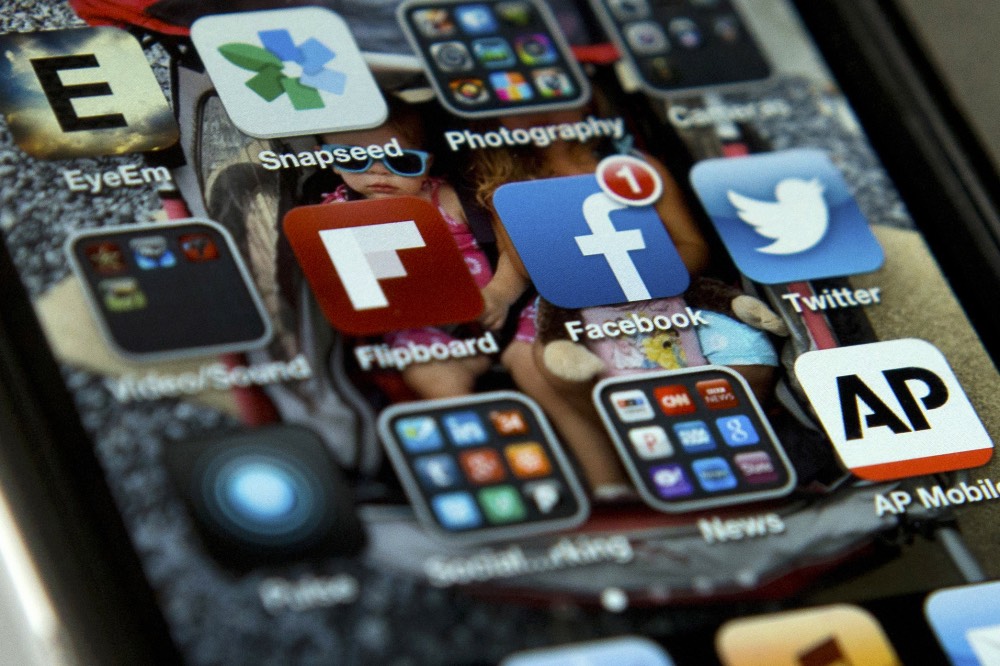[dropcap]T[/dropcap]he mobile app market is going great guns and the app economy is alive and kicking. It’s no wonder that more and more people dream of becoming an app entrepreneur. But did you know that 90% app startups fail even at the initial stage?
There are two common reasons why startups go downhill. Firstly, startups often lack investments. Secondly, most startups fail to research the target market.
Despite this fact, mobile represents more than a half of digital media time with a desktop on the second place. The total revenue of the App Store exceeded $28 billion with $20 billion generated by app sales.
What is an MVP?
App development is a multistage and quite a high-risk process involving lots of time and money investments. But are there any ways to minimize the risks and costs required? Yes, an MVP is right up your street.
Eric Ries, a Silicon Valley entrepreneur, was the first one to point out that there is no need in launching a fully-loaded app product. Ries popularized the concept of MVP as it allows minimizing the involved risks.
MVP is a minimum viable product. In other words, it’s a test version of the app encompassing all essential features and functionality. As a rule, an MVP is more than enough to test the product whether it be popular or not but at much lower cost.
Once you know how to present your app idea and measure user response to it, you can start building a minimum viable product. So what an MVP should do for your startup?
MVP Types
An MVP is created for two key reasons:
- Raise funds for an app idea
- Test an app idea with end users
The app idea should be proven to have market value to get funding. And at the same time, if there is a market demand, a lot of potential investors will think long before pumping money into your project. Hence, before making an MVP, it’s better to run a comprehensive market research to get every ambiguous issue covered.
There are different types of MVPs to build:
- Mockup of Product
- Wireframe of Product
- MVP of Mobile App
- Explainer video
- Landing page
- Website
- Prototype
Today we’re going to go through three basic MVP types.
Product Mockup
Mockups represent how your product will look like when developed including colors, UX/ UI design, apps features as well as navigation. It can breathe in the life.
Still, mockups are designed to give a graphical representation of how your app will work while there is no backend development behind it. Mockups are great tools to validate the market demand and app popularity.
Interactive mockups leave conventional mockups far behind. With inVision and Framer, you can demonstrate how your app will look like. Additionally, an MVP undergoes a set of test to verify the initial features and design.
Interactive mockups are ideal go-to solutions while:
- They require less time to develop
- Mockups can visually represent how the app will look like and feel
- They are great for cross-platform projects
- You can share them easily
Product Wireframe
Wireframes represent a skeleton of your upcoming app. It’s still rough and usually black and white. Wireframes lay out the essential app features, navigation as well as screens. As a rule, wireframes come before mockups.
Wireframing is considered to be the initial step while creating an MVP for a web service or a mobile app. What should wireframes do? Wireframes should represent your sitemap, outline the essential features according to the preferences of the target audience.
Mobile App MVP
Of course, mockups and wireframes can help you check your market assumption. But still, they can’t show how the end user will interact with your product.
Moreover, an MVP lets you test an app with a much wider audience. All in all, the users are eager to try a product but not just get acquainted with.
An MVP is your right choice if:
- Your development budget is limited
- You’ve run a survey and got positive results
All checked? Start building an MVP and validate your app. But how much does it cost to develop an MVP? In the next section, we’re going to throw a little bit of light on the costs required to build an MVP app.
How much does it cost to develop an MVP?
The costs required to develop an MVP are quite rough since lots of factors influence the end costs. A basic MVP (or an app prototype) with 1-2 features, down-to-earth design, and primary functionality.
The Next Web revealed the data on how much does it cost to develop MVP:
- Instagram – $250K
- WhatsApp – $200K
- Facebook – $500K
- Uber – $1M
- Twitter – $75K
The estimated costs required to develop an MVP are highly dependable on the app type, types of MVPs, and who you’re going to hire to develop an app.
In a nutshell, a basic MVP can be developed at $5, 000. Then depending on the app’s complexity, the prices go up and up. And in fact, there aren’t any stop limits for the development costs.
Hi, everyone! I’m Tasha. I try hard to explain geek news in a plain (and readable) language. Here you can read one of my coverages on the mobile app development. To read more, visit my blog or follow me on Facebook/Twitter







